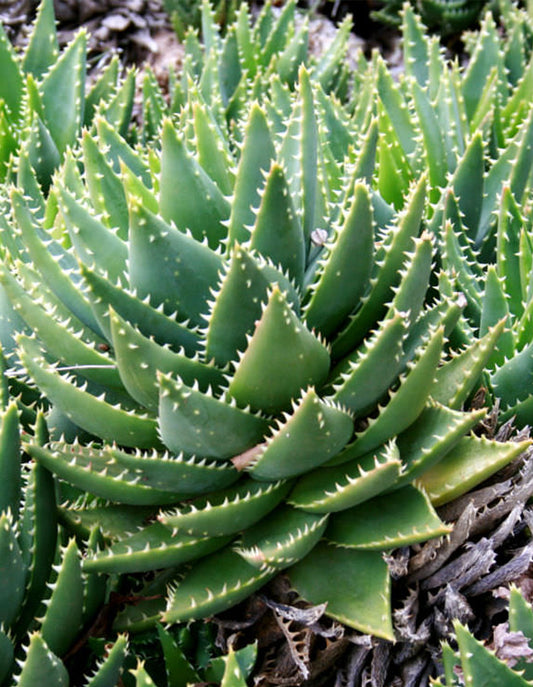-
Aloe mitriformis - 15cm
Regular price R 70.00 ZARRegular priceUnit price per -
 Sold out
Sold outAgapanthus Blue Jay - 19cm
Regular price R 68.00 ZARRegular priceUnit price per -
Vachelia xanthophloea - 70 litre
Regular price R 2,400.00 ZARRegular priceUnit price per -
Tecomaria capensis 'Lutea' (Yellow)
Regular price R 120.00 ZARRegular priceUnit price per -
Tecomaria capensis 'Coccinea' (Red)
Regular price R 115.00 ZARRegular priceUnit price per -
Tarchonanthus camphoratus - 70 litre
Regular price R 2,400.00 ZARRegular priceUnit price per -
Syzygium cordatum - 70 litre
Regular price R 2,400.00 ZARRegular priceUnit price per -
Syzigium guineense - 70 litre
Regular price R 2,400.00 ZARRegular priceUnit price per -
Strelitzia nicolai - 70 litre
Regular price R 2,400.00 ZARRegular priceUnit price per -
Strelitzia 'Mandela's Gold' - 70 litre
Regular price R 2,400.00 ZARRegular priceUnit price per -
Salvia chamelaeagnea white - 15cm
Regular price R 48.00 ZARRegular priceUnit price per -
Salvia chamelaeagnea blue - 15cm
Regular price R 48.00 ZARRegular priceUnit price per -

 Sold out
Sold outRhus crenata small leaf
Regular price R 62.00 ZARRegular priceUnit price per -

 Sold out
Sold outRhus crenata big leaf
Regular price R 62.00 ZARRegular priceUnit price per -
Rapanea melanophloeos - 70 litre
Regular price R 2,400.00 ZARRegular priceUnit price per -

 Sold out
Sold outProtea Pink Ice
Regular price R 194.00 ZARRegular priceUnit price per
Taking care of your
Indigenous
South Africa has a rich diversity of indigenous plants that are adapted to the local climate and provide important ecosystem services. When selecting indigenous plants for your garden, consider the local climate and soil conditions, as well as the water requirements of the plants. Indigenous plants are well-adapted to the local environment and can provide important habitat for wildlife, as well as support local ecosystems.
Here some general instructions on taking care of your Indigenous:
-

Light:
-

Soil:
-

Fertilizer:
-

Watering:
-

Pests:
-

Pruning:
What makes Passiflora Different?
-

Just like you, we're plant lovers too
-

Our homegrown plants get
utmost care and attention -

We bring you plant care guide by gardening experts
-

We ensure quick delivery,
and hassle-free replacement









































